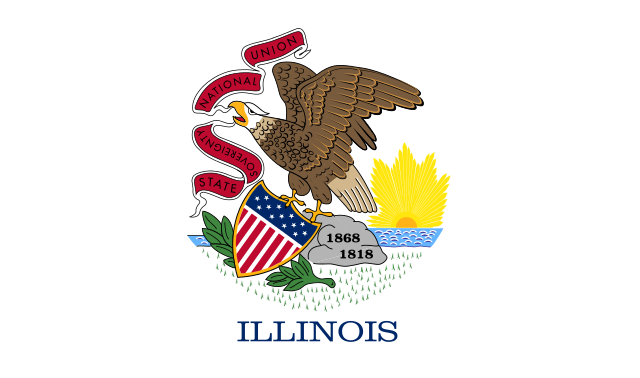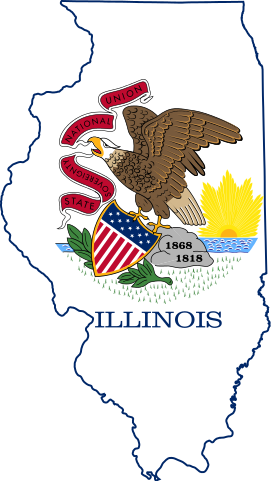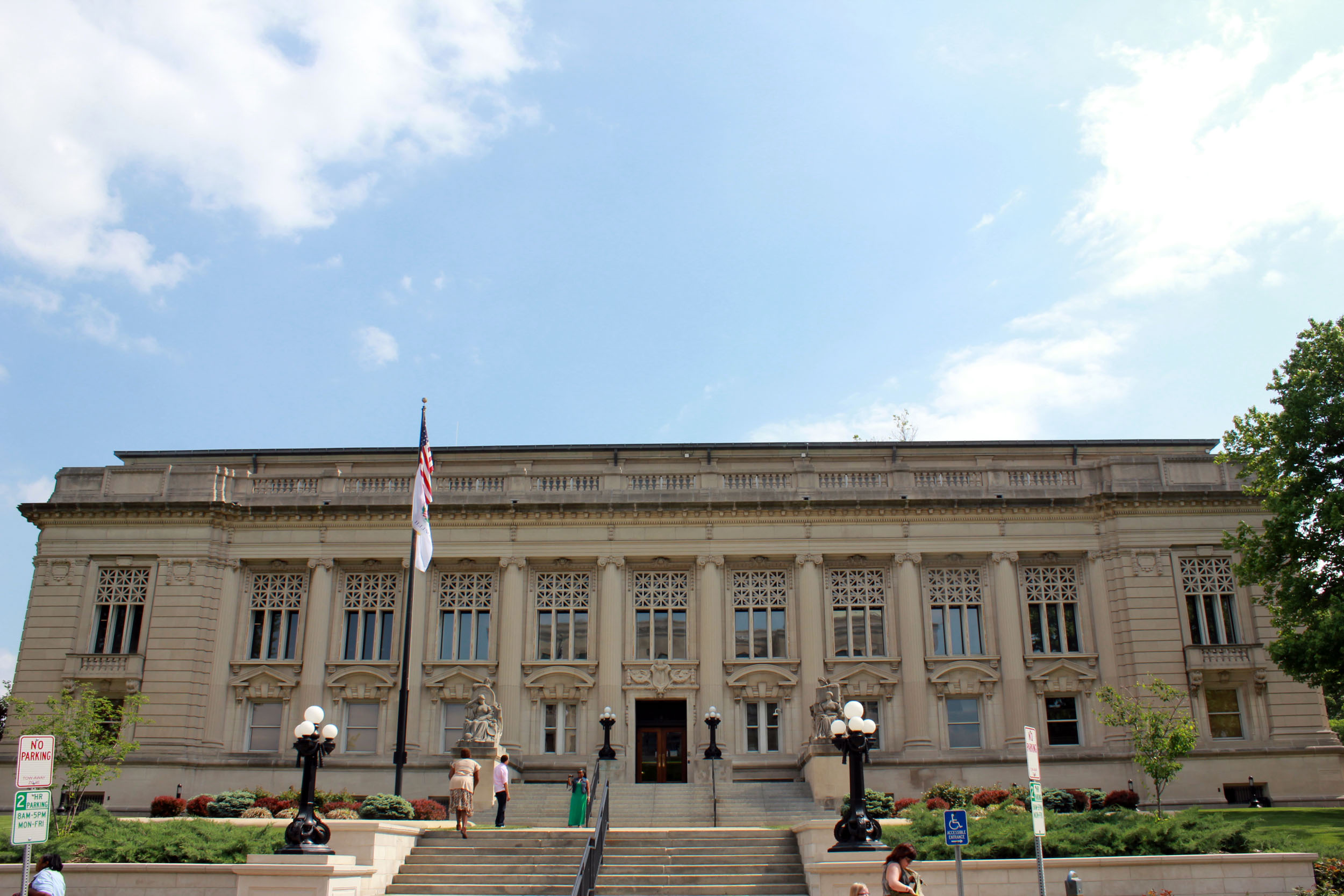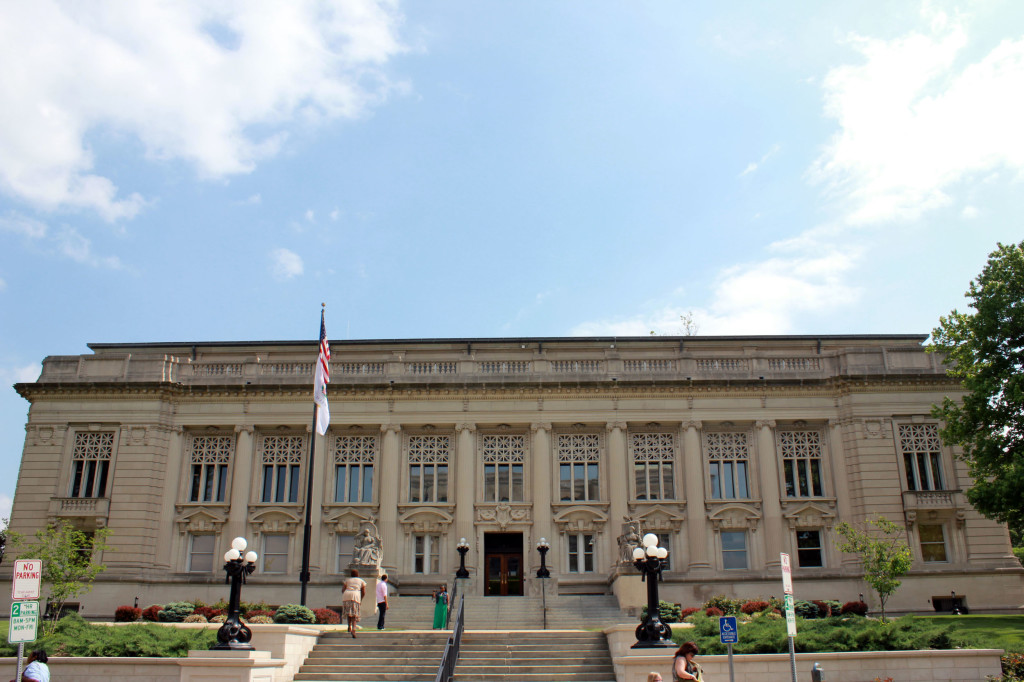Arguments will soon be underway in the lawsuit challenging the constitutionality of Illinois’ 2013 pension overhaul.
Many observers expect the state Supreme Court to uphold the opinions of lower courts and rule the pension law unconstitutional.
If the law were overturned, what would it mean for Chicago Public Schools?
In a column in the Chicago Tribune over the weekend, Chicago Board of Education president David Vitale talked about the implications of such a ruling for Chicago’s schools.
Vitale writes:
You may not realize that if the Supreme Court upholds the lower court’s approach, it will have a significant impact on Chicago Public Schools and the nearly 400,000 students we serve. These consequences are potentially catastrophic, and even under a best-case scenario, would still cripple CPS’ ability to fulfill its obligation to educate these students, many of whom are from disadvantaged backgrounds or in need of special education services. The fact is, CPS does not have the resources to both shoulder the entire burden of saving the pensions and serving its students.
In the absence of changes to pension funding, CPS will be forced to decide between funding the pensions of retired employees and funding the education of Chicago students.
[…]
CPS’ projected deficit for next year is $1.1 billion, and pension costs account for approximately $700 million of that amount. While pension reform alone will not eliminate that huge deficit, it is an essential component of any solution. Without pension reform, there simply will be no alternative to implementing even deeper, more painful cuts that will directly affect the classroom; we have exhausted all other alternatives. To put these cuts into perspective, each $100 million spent on pensions translates into 1,000 fewer teachers. And a smaller number of teachers translates directly into larger class sizes and less attention and fewer educational opportunities for students.
Over the weekend, Moody’s downgraded Chicago Public School’s credit rating to Baa3, one notch above junk. The agency cited pension costs as a major driver of the downgrade.



